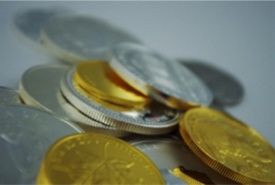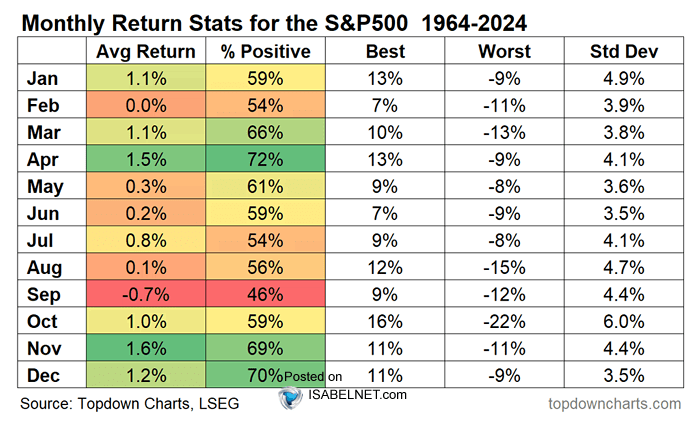 The Ohio House of Representatives just approved a bill which helps Buckeye State citizens protect themselves from the loss of monetary purchasing power caused by federal money printing.
The Ohio House of Representatives just approved a bill which helps Buckeye State citizens protect themselves from the loss of monetary purchasing power caused by federal money printing.
Introduced by Representative Oeslager, House Bill 110 includes a provision to eliminate the sales and use tax on purchases of gold, silver, platinum, and palladium coins and bullion in Ohio.
Ohio recently repealed a longstanding sales tax exemption on the sale of precious metals. Seeing the harm caused to in-state businesses, tourism dollars, and Ohio investors, the state seeks to reinstate the exemption.
This is no surprise. In 2016, the state of Louisiana experimented briefly with slapping sales taxes on precious metals purchases. They quickly reversed course only one year later — and reinstated the exemption on precious metals — because businesses, coin conventions, and state tax revenues were leaving the state.
House Bill 110 will now be transmitted to the Ohio Senate.
Reinstating the sales tax exemption on gold and silver coins and bullion included in House Bill 110 would benefit the state of Ohio in several ways:
- Taxing precious metals is unfair to certain savers and investors. Gold and silver are held as forms of savings and investment. Ohio does not tax the purchase of stocks, bonds, ETFs, currencies, and other financial instruments.
- Levying sales taxes on precious metals is inappropriate. Sales taxes are typically levied on final consumer goods. Computers, shirts, and shoes carry sales taxes because the consumer is “consuming” the good. Precious metals are inherently held for resale, not “consumption,” making the application of sales taxes on precious metals inappropriate.
- Taxing gold and silver harms in-state businesses. It’s a competitive marketplace, so buyers will take their business to neighboring states, such as Alabama or Louisiana (which have eliminated or reduced sales tax on precious metals), thereby undermining Ohio jobs. Levying sales tax on precious metals harms in-state businesses who will lose business to out-of-state precious metals dealers. Investors can easily avoid paying $136.50 in sales taxes, for example, on a $1,950 purchase of a one-ounce gold bar.
In total, 39 states have reduced or eliminated sales tax on the monetary metals.
- Taxing precious metals is harmful to citizens attempting to protect their assets. Purchasers of precious metals aren’t fat-cat investors. Most who buy precious metals do so in small increments as a way of saving money. Precious metals investors are purchasing precious metals as a way to preserve their wealth against the damages of inflation. Inflation harms the poorest among us, including pensioners, Ohioans on fixed incomes, wage earners, savers, and more.
This measure is one of many sound money bills being introduced across the country this year. Bills to remove taxation on sound, constitutional money are also being, or have been, introduced in Alabama, Arkansas, Hawaii, Iowa, South Carolina, Tennessee, and more.
Backed by the Sound Money Defense League, these measures protect Ohio citizens by removing barriers to insulating their wealth with the only money proven to protect against the Federal Reserve Note’s ongoing devaluation.
Full story here Are you the author? Previous post See more for Next postTags: Featured,newsletter






























